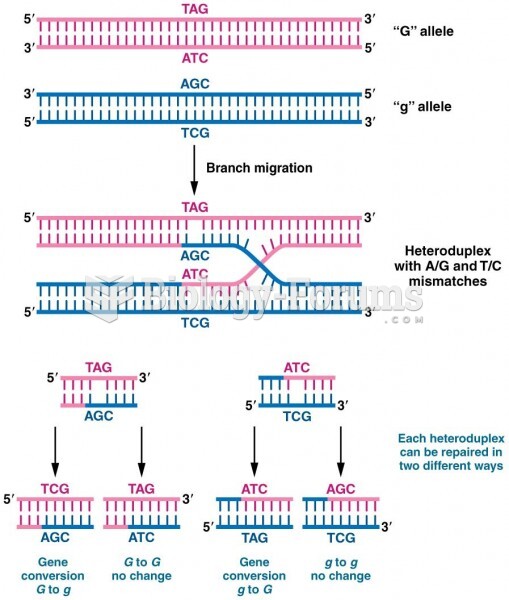|
|
|
According to the FDA, adverse drug events harmed or killed approximately 1,200,000 people in the United States in the year 2015.
In the United States, an estimated 50 million unnecessary antibiotics are prescribed for viral respiratory infections.
On average, the stomach produces 2 L of hydrochloric acid per day.
For pediatric patients, intravenous fluids are the most commonly cited products involved in medication errors that are reported to the USP.
According to the American College of Allergy, Asthma & Immunology, more than 50 million Americans have some kind of food allergy. Food allergies affect between 4 and 6% of children, and 4% of adults, according to the CDC. The most common food allergies include shellfish, peanuts, walnuts, fish, eggs, milk, and soy.







